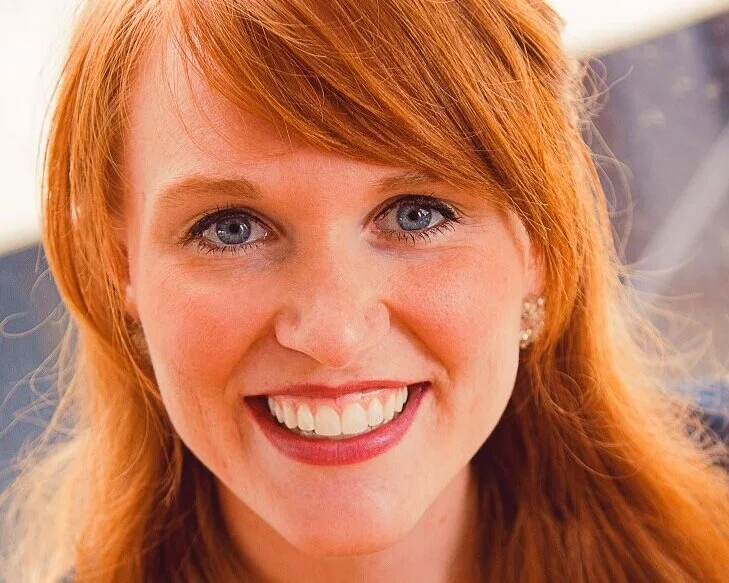Navigating Leadership
Expert Advice from Kristen O’Shea, O’Shea Strengths Coaching
Through training, coaching and consulting with leaders, I’ve observed common yet sub-optimal leadership thoughts and behaviors. Let’s re-frame some typical leadership thinking to overcome these common obstacles.
LEADERSHIP THOUGHT: I know what it takes to lead my followers
REFRAME
I must ask my followers how I can contribute as their leader.Too often leaders assume they know what will make a positive difference in their follower’s lives. What do followers really want from the leader? This was asked in a Gallup poll of 10,000 followers and the following words showed up the most: trust, compassion, stability and hope.
YOUR TASK
Ask the people you lead how you can contribute to their betterment. What did you find out from your conversation? Now go and do more of that.
BOTTOM LINE: Rather than deciding for yourself how you want to make a positive difference, ask your followers what will make a difference to them
LEADERSHIP CHALLENGE: Conflict with a colleague.
REFRAME
Have I had a conversation with my colleague about this conflict? In coaching, when we get to people’s greatest challenges, they often include conflict with a colleague. When the coachee discloses the frustrating behavior from their colleague, I ask the question, “Have you told them that?” Unfortunately, the answer is often no.You must engage in hard conversations with the person who frustrates you. Don’t wait or you will continue to stew. Most of the time your colleague doesn’t know your expectations.
YOUR TASK
Set a meeting to have a conversation about expectations and put two questions on your agenda: What do you expect of me? What do I expect of you?
BOTTOM LINE: Address conflicts directly, honestly and expeditiously.
LEADERSHIP THOUGHT: I can’t take vacation.
REFRAME
I will be at my best for myself and others if I take a break.Gone are the days when we admire those who haven’t used their vacation days or who email in the middle of the night because they are working so “hard.” What matters is working smart and understanding that our body’s mental, emotional and physical capacities have limits.
YOUR TASK
Ask the people you lead how you can contribute to their betterment. What did you find out from your conversation? Now go and do more of that.
BOTTOM LINE: Breaks and vacations from work make you strong, not weak
LEADERSHIP BEHAVIOR: I have to do it all.
REFRAME
What can I do best? What can others do best?
“A leader needs to know his strengths as a carpenter knows his tools, or as a physician knows the instruments at her disposal,” said Don Clifton, grandfather of Positive Psychology.
Focus your resources on your strengths and let others do the rest. We don’t need to be well-rounded individuals, but we can have well-rounded teams. No one person has to do it all.
BOTTOM LINE: Know what “tools” or talents you have and don’t have.




